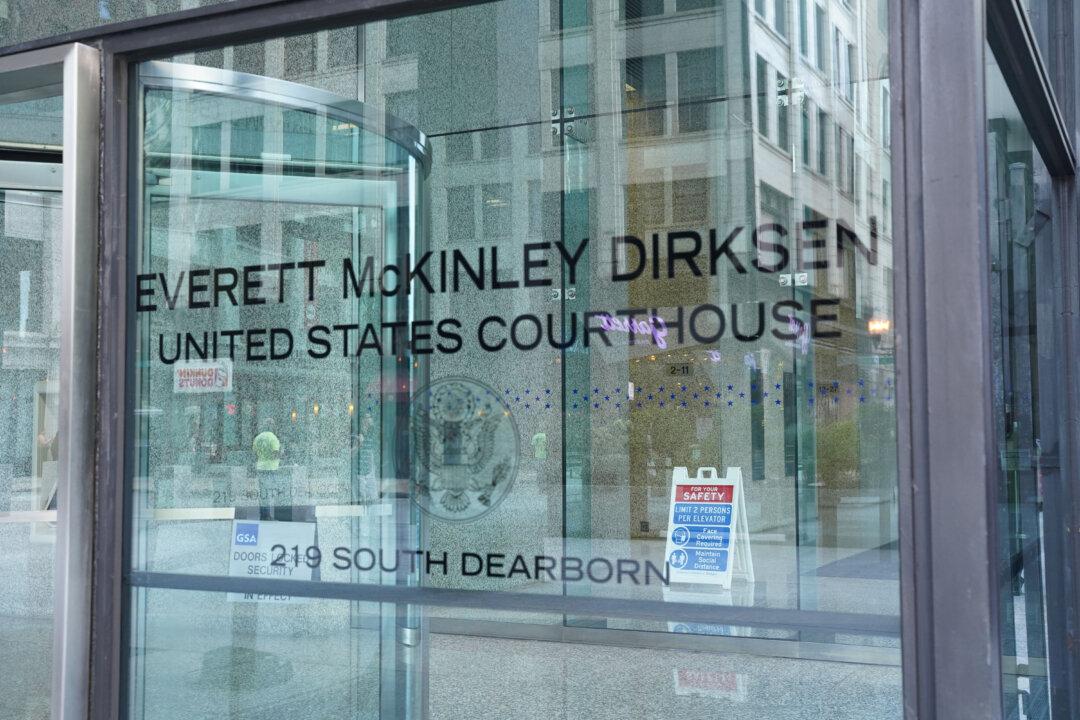CHICAGO—Sammie Booker, sitting on the witness stand, revealed to jurors that he had robbed and extorted scores of drug dealers, killed three people, and aided at least two other murders as an underling of the Four Corner Hustlers gang on the West Side of Chicago in the past two decades.
And more importantly, he said, he did so at the orders of his former boss Labar Spann, the lone defendant in the trial.





